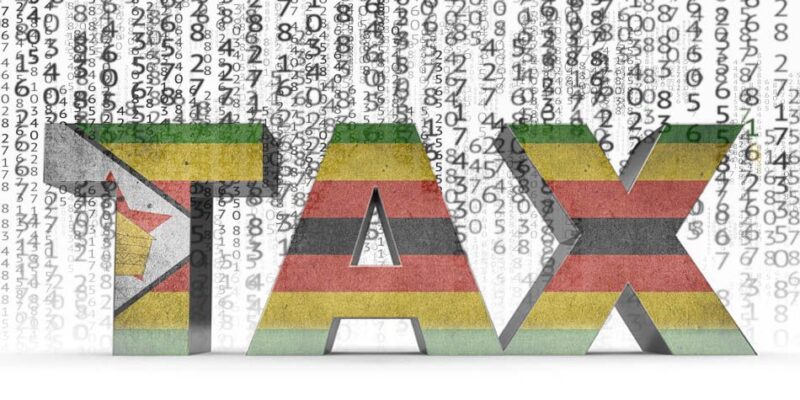Zimbabwe’s economic development is being hampered by an excessive tax burden and mismanagement of public funds, say critics in the business community and civil society. Concerns have been raised over the country’s high taxation levels and the perceived lack of value returned to taxpayers through public services and investments.
Zimbabwe currently has 51 types of taxes, compared to South Africa’s seven, and 12 deductions from salaries. Critics argue that this heavy tax load discourages businesses from formalizing operations, as joining the formal system often leads to being overwhelmed by tax obligations. This situation, they say, has driven much of the economy underground, limiting economic growth and investment.
A key point of contention is the National Social Security Authority (NSSA), which has collected $25 billion over the past 20 years but is now reportedly valued at only $1.5 billion. Critics accuse NSSA of mismanagement and a lack of transparency, further eroding public trust. NSSA contributions are intended to provide social security, but many Zimbabweans feel the system fails to deliver on its promises.
“To attract greater investment and foster economic development, tax burdens must be lowered and public services improved,” one commentator said. “Economic progress will only be possible if investments are properly managed with a focus on value for taxpayers.”
Observers are now calling for policy reforms aimed at reducing taxes, improving the investment climate, and ensuring transparency in the management of public funds. Such measures, they argue, could help unlock Zimbabwe’s economic potential and foster sustainable development.
In addition to these concerns, Deputy Minister of ICT and Courier Services, Dingumuzi Phuti, speaking at a CEO Roundtable breakfast meeting in Harare, highlighted the detrimental impact of the complex tax structure on industry growth.
Phuti explained that the heavy tax load not only distorts the market but also forces service providers to pass the increased costs onto consumers, which limits affordability and slows the adoption of ICT services.
He called for a revision of the current taxation framework to create a more favorable environment for the ICT sector to thrive. Phuti stressed the alarmingly high tax burden on ICT players, warning that it impedes growth and negatively affects consumers.













